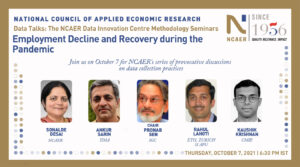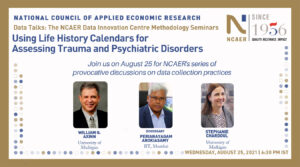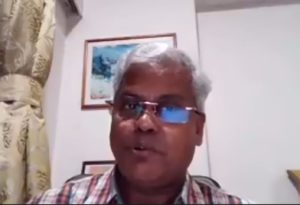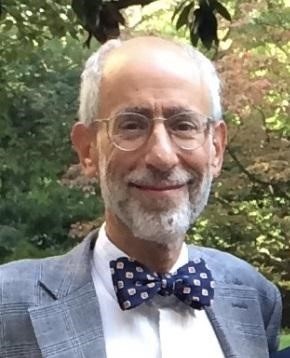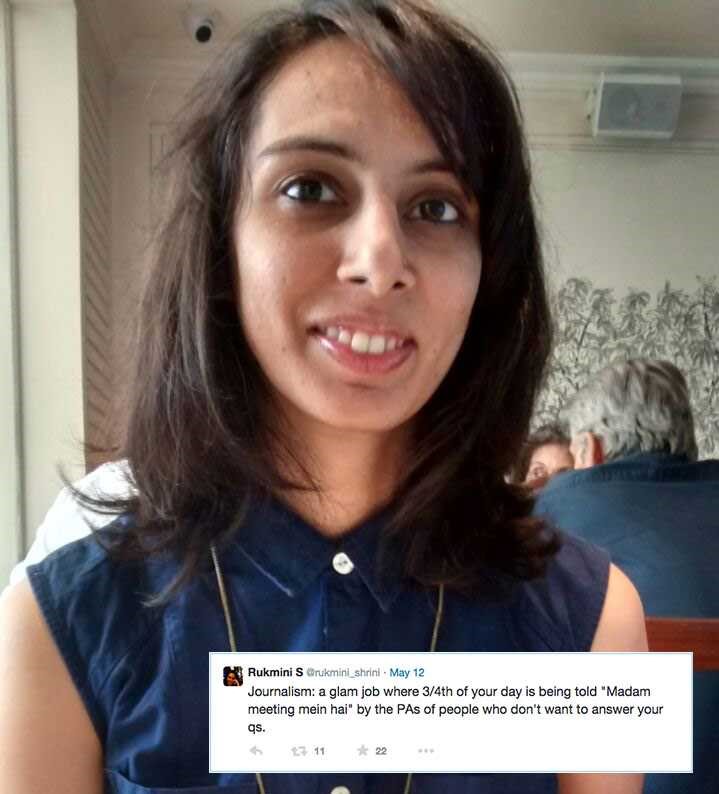How have the lives of residents of Delhi and other areas in the National Capital Region (NCR) changed over the past two years since the advent of COVID? NCAER National Data Innovation Centre (NCAER-NDIC) team discussed results from the Delhi Metropolitan Area Study (DMAS), which interviewed residents from Delhi-NCR in 2019, before the onset of the pandemic, and has continued to follow their lives since then, as they have struggled to protect their health and livelihoods, and to educate their children through the biggest global crisis of our generation.
The NCAER-NDIC team interviewed over 5,200 households in NCR, with samples drawn from Delhi as well as districts in the neighbouring States of Haryana, Rajasthan, and Uttar Pradesh. The DMAS survey was initiated in early 2019 and continued until November 2021, allowing us to assess the lives of our respondents before and after COVID-19, and the changes brought about by the pandemic. These households have lived through the difficulties and challenges caused by COVID-19 infections and the lockdowns designed to control the spread of the disease.
This webinar discussed the findings on:
- Experience of COVID-19 infection and its severity;
- COVID-19 vaccinations;
- Management of non-communicable diseases during the pandemic;
- Impact of school closure on education and access to digital learning;
- Changes in employment patterns and financial recovery;
- Trends in food consumption and role of social policies; and
- Perceptions regarding the decision to impose the nationwide lockdown during the early phase of the pandemic.
The NCAER press note on DMAS findings is available on this webpage.
Sonalde Desai is a Professor at NCAER with a joint appointment as Professor of Sociology at the University of Maryland. She directs the NCAER-National Data Innovation Centre (NDIC), which has been established by NCAER in collaboration with its consortium partners, University of Maryland and University of Michigan. She is an internationally known demographer whose work deals primarily with human development in developing countries with a particular focus on gender and class inequalities. At present, Sonalde Desai is leading the India Human Development Survey (IHDS), India’s only nationally representative panel study conducted in two rounds in 2004–05 and 2011–12. Preparations are currently on for the next round of IHDS.
Santanu Pramanik is a Senior Fellow at NCAER and the Deputy Director of the National Data Innovation Centre. He is a Statistician and Survey Methodologist by training. His research interests encompass survey methods, data quality, remote monitoring of data collection activities, randomised controlled trials, small area estimation, and the application of these methods across different substantive domains, including vaccination, health insurance and healthcare expenditure, and family planning. He has earlier worked as a Research Scientist at the Public Health Foundation of India (PHFI), and as a Survey Statistician at National Opinion Research Center, an independent affiliate of the University of Chicago.
The other team members who partcipated in the conversation include Reem Ashraf, Ruchi Jain, Abhinav Motheram, Debasis Barik, Manjistha Banerji, and Pallavi Choudhuri.






